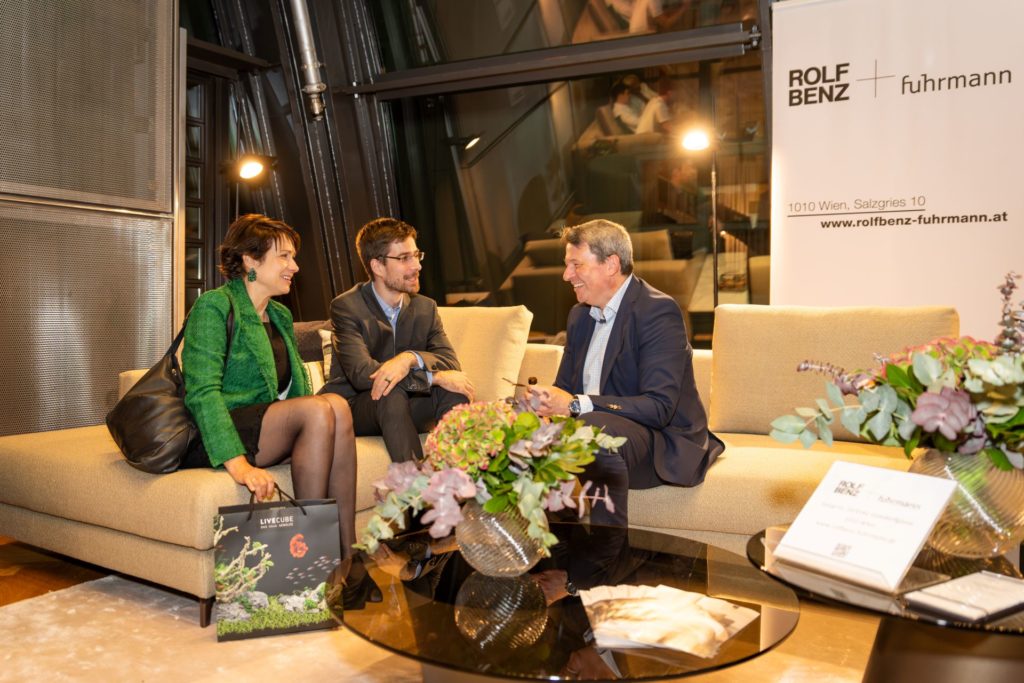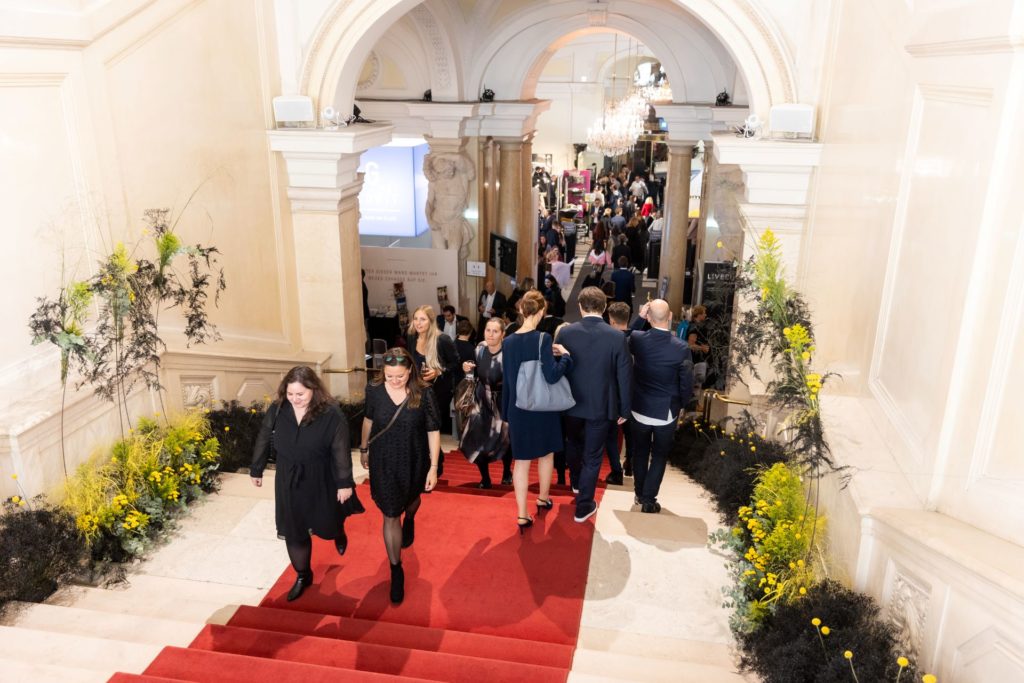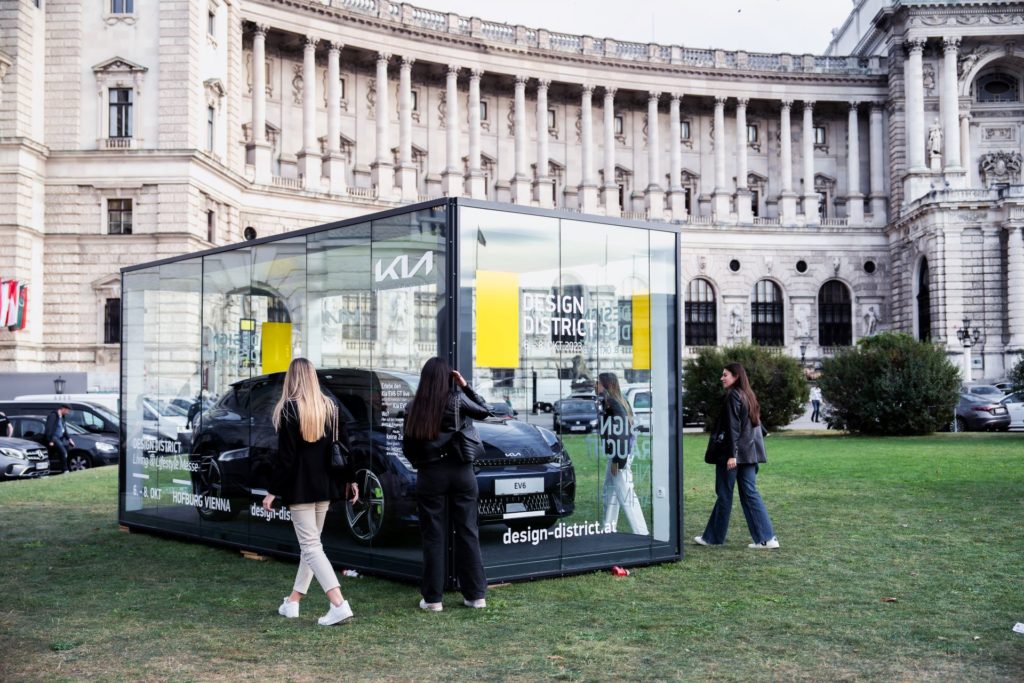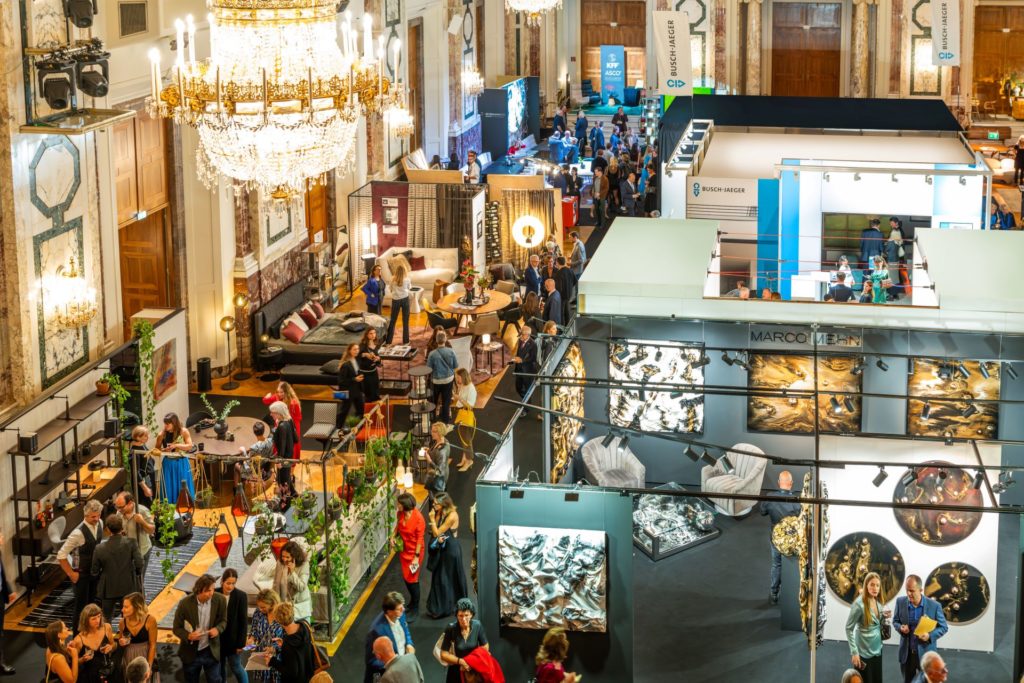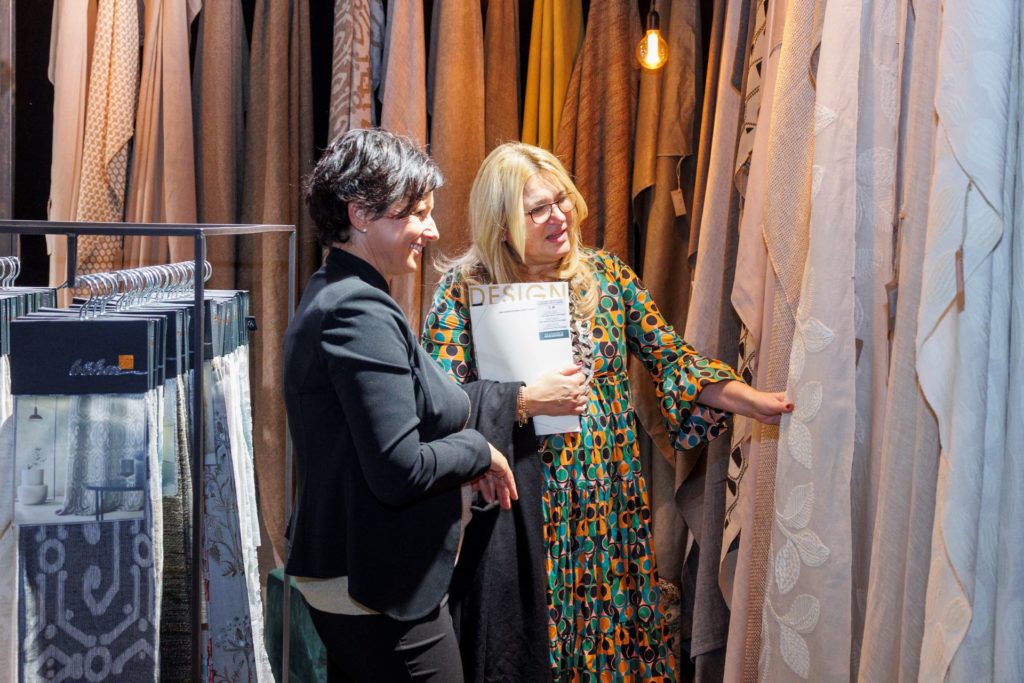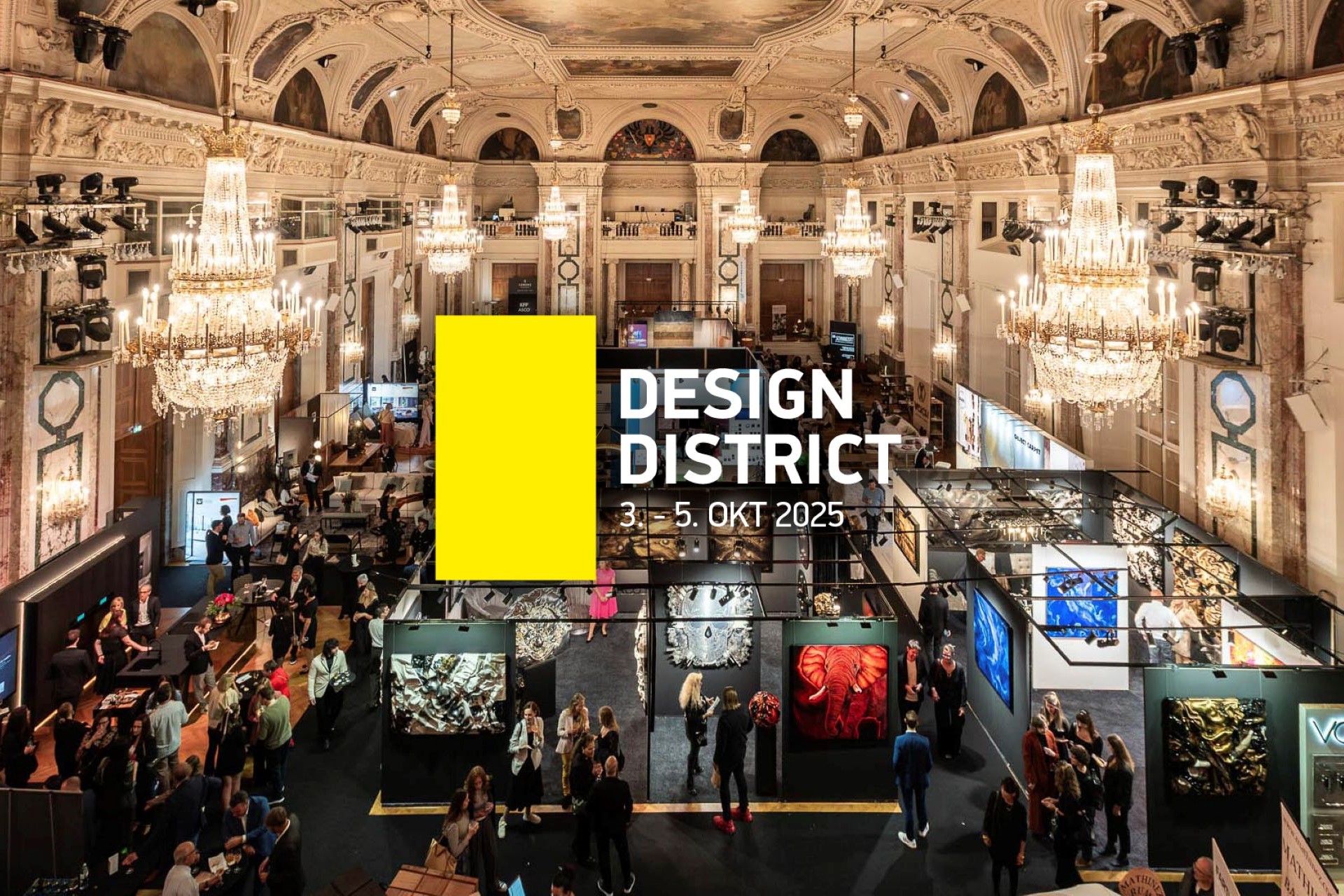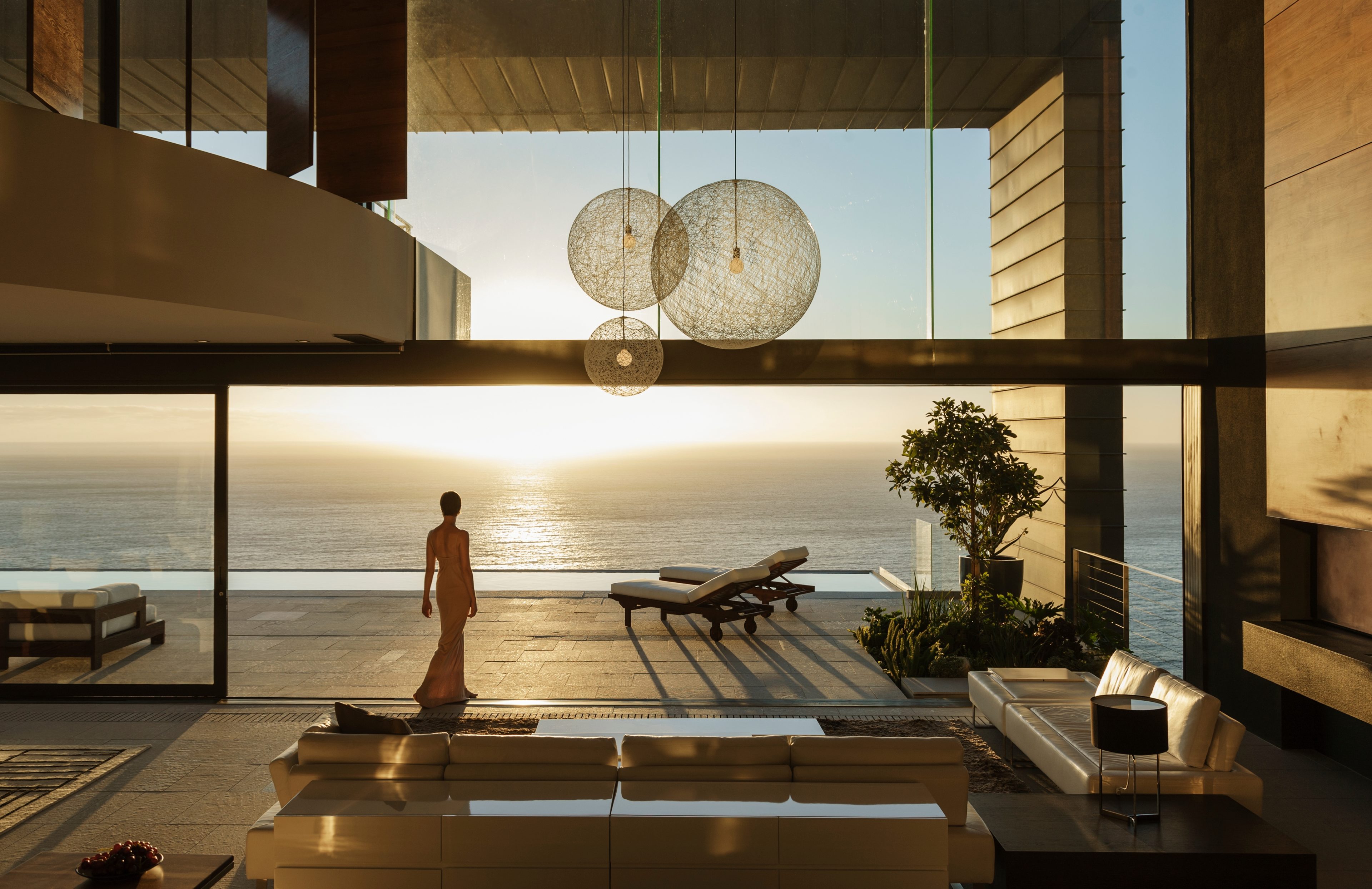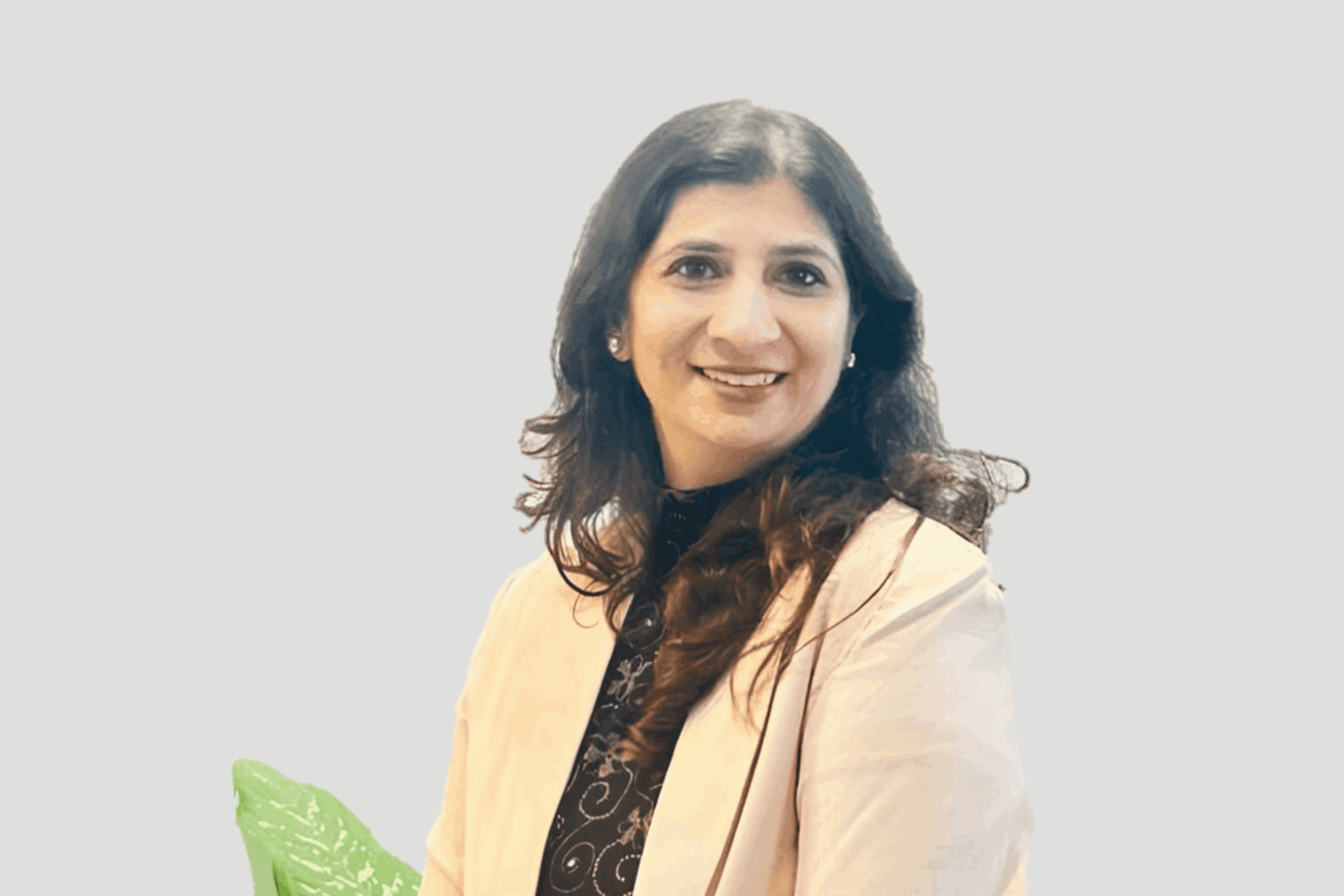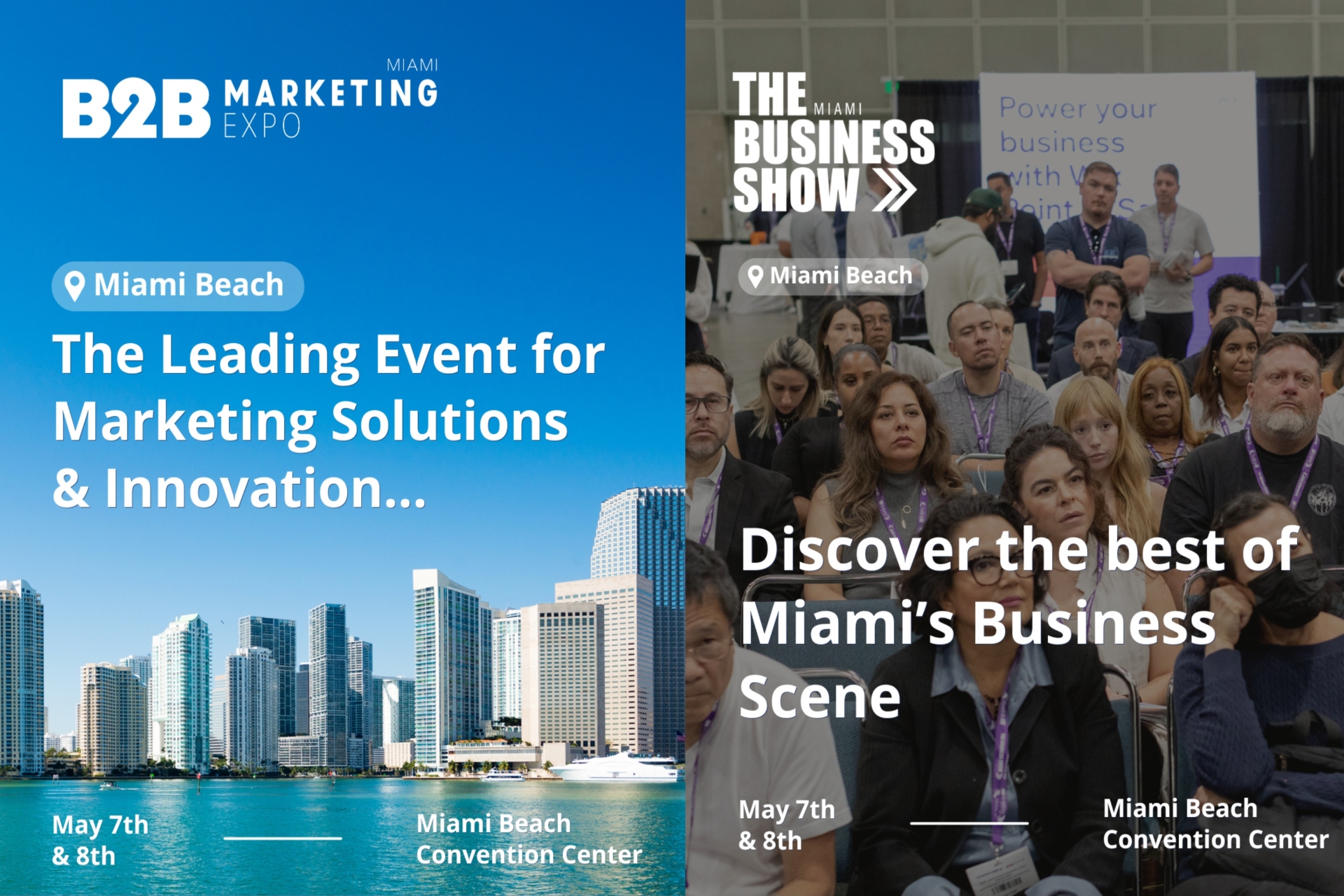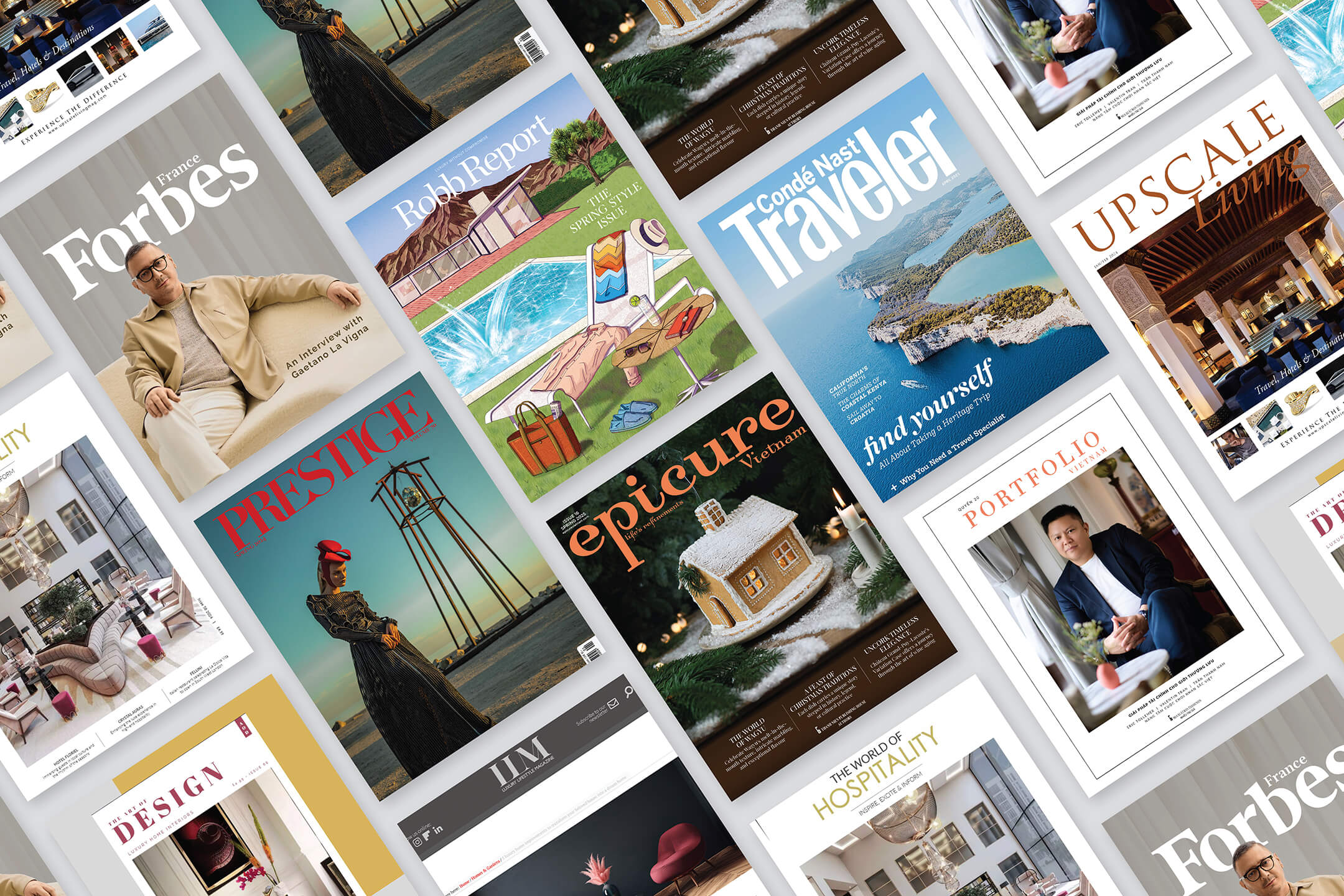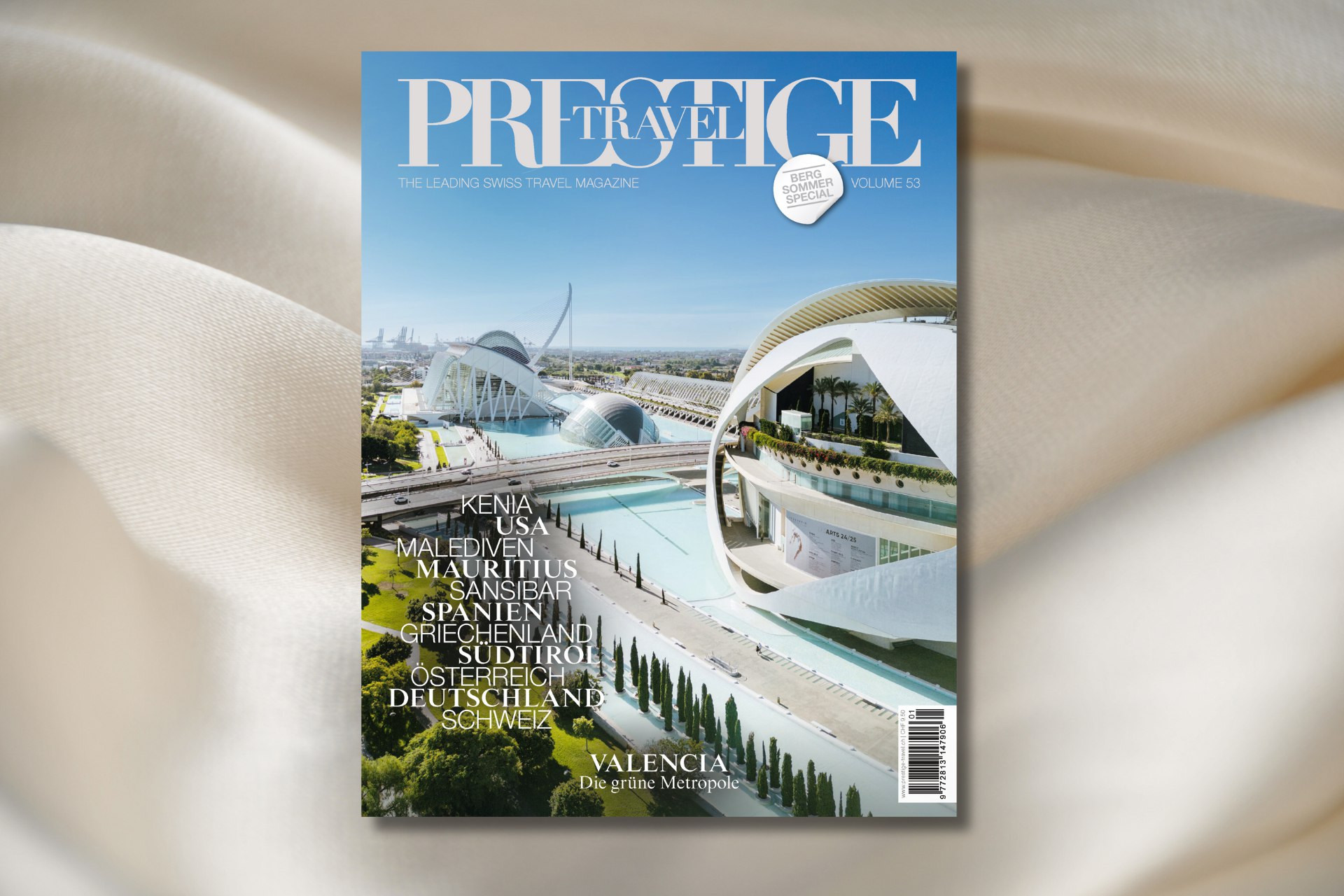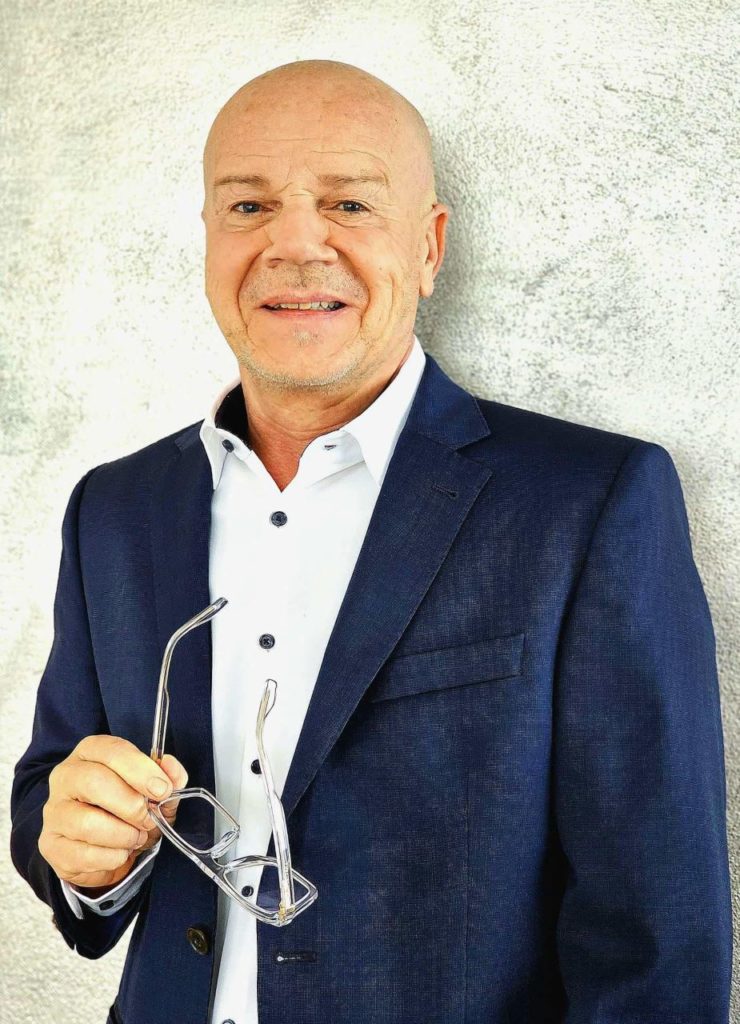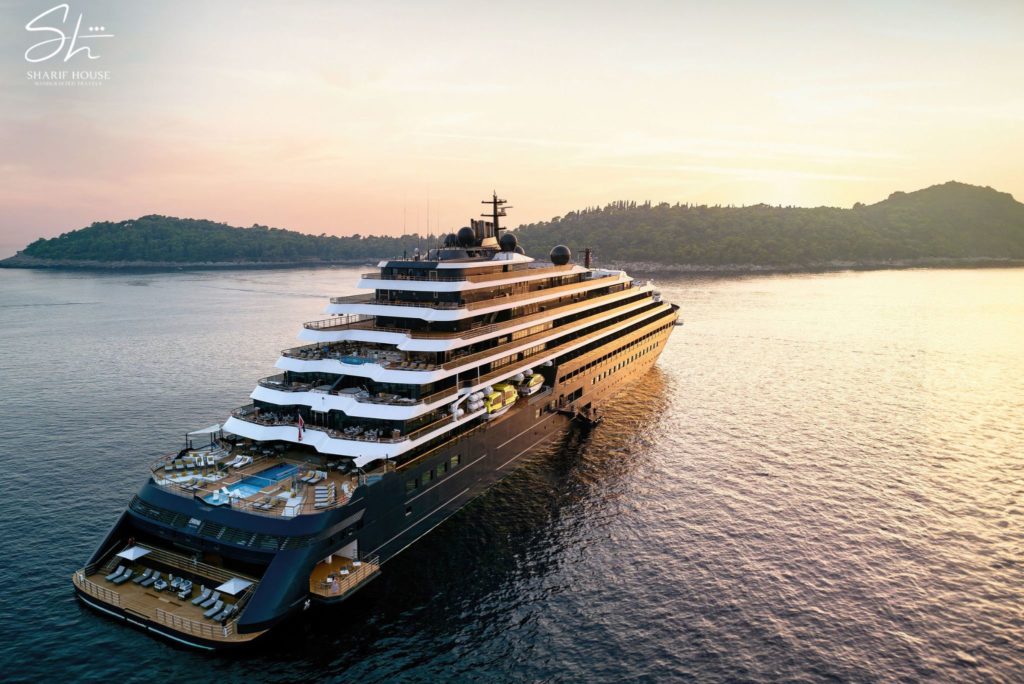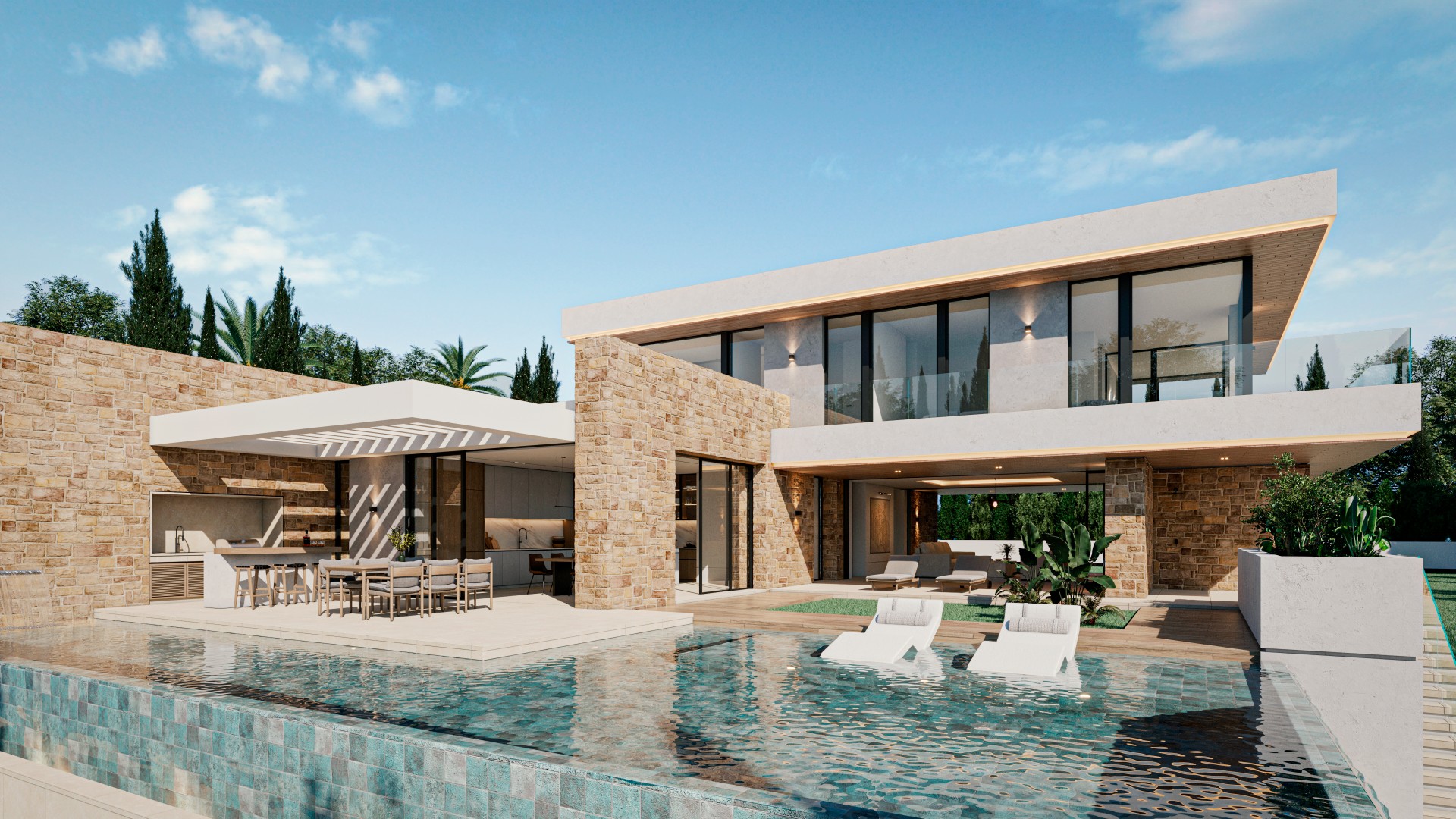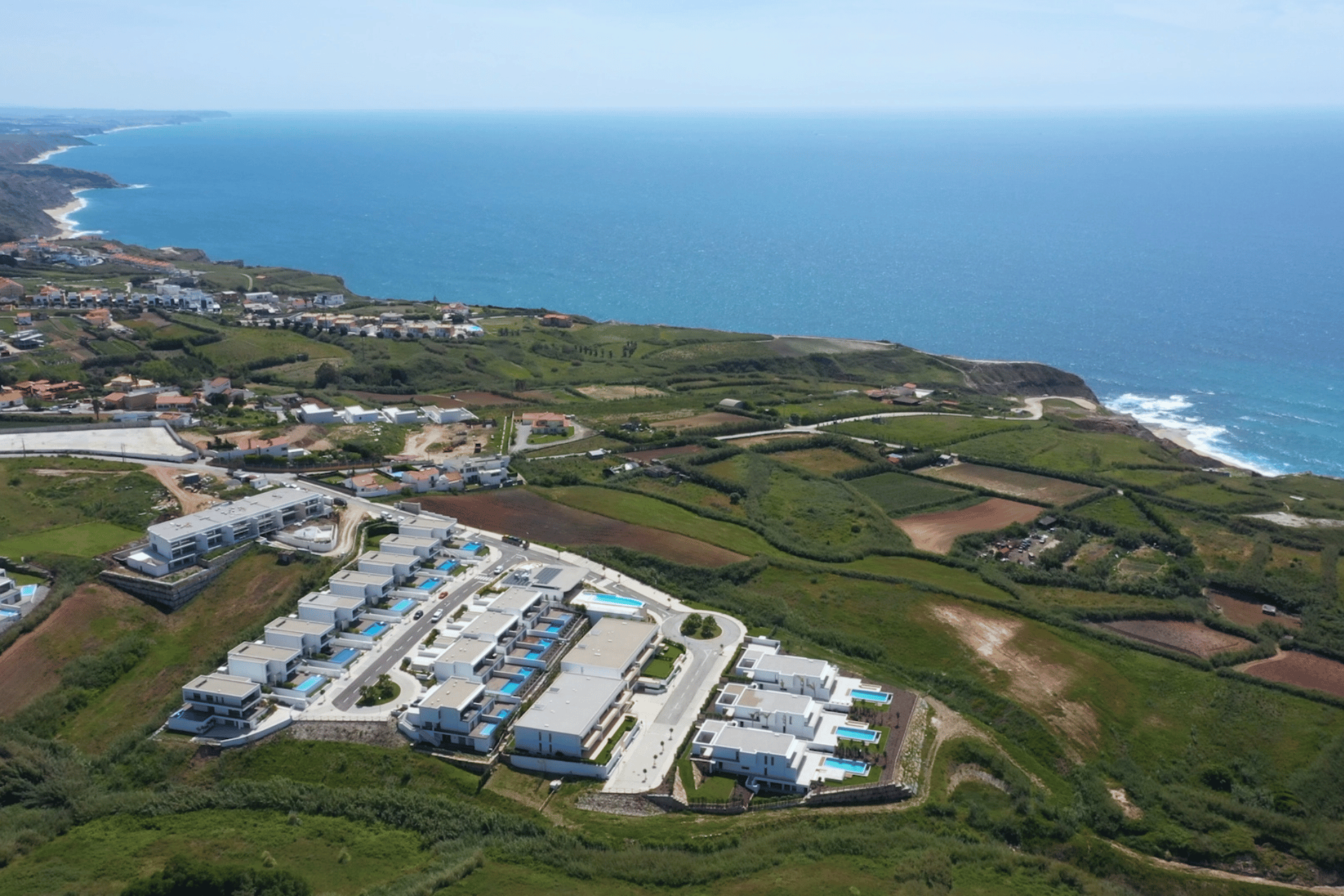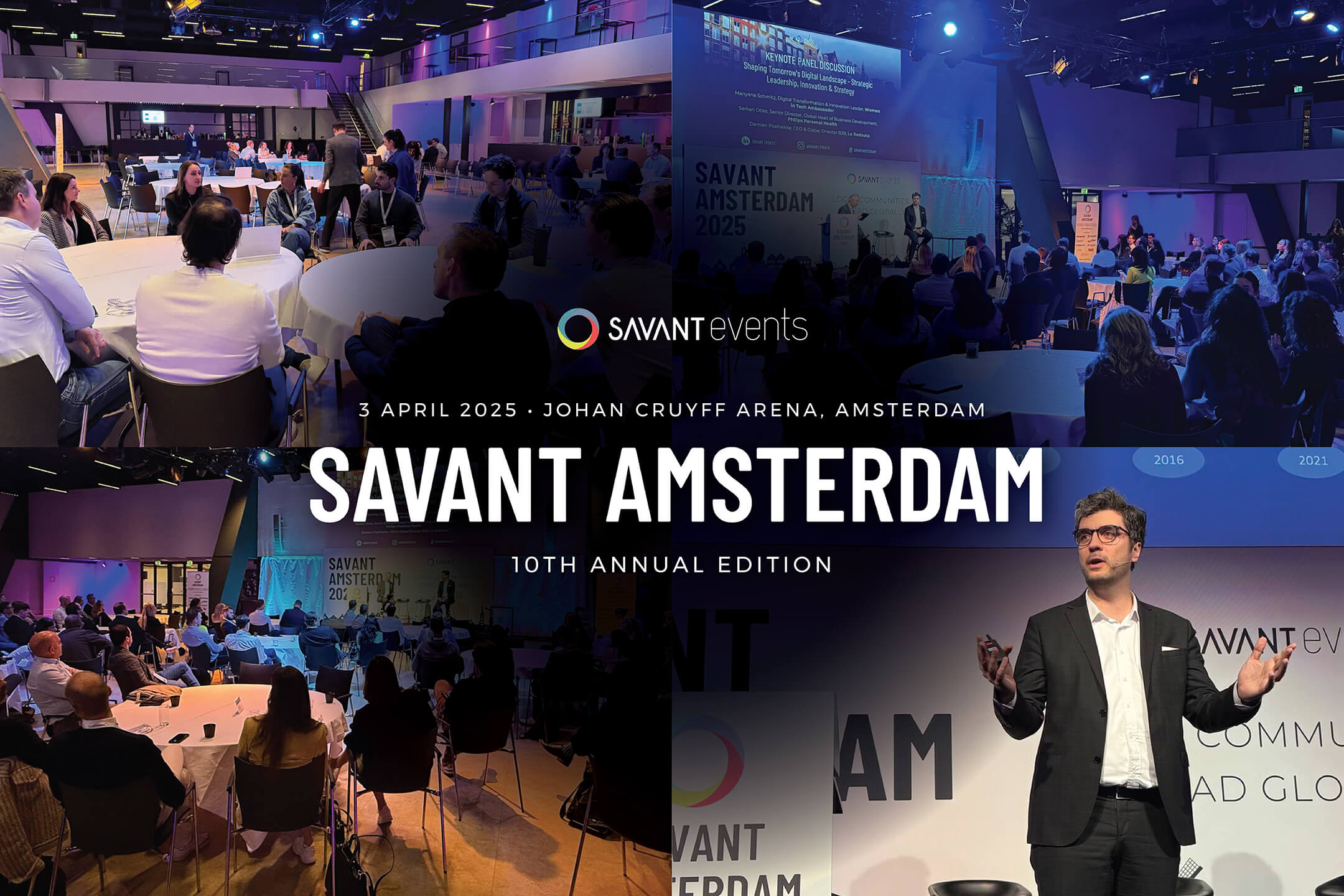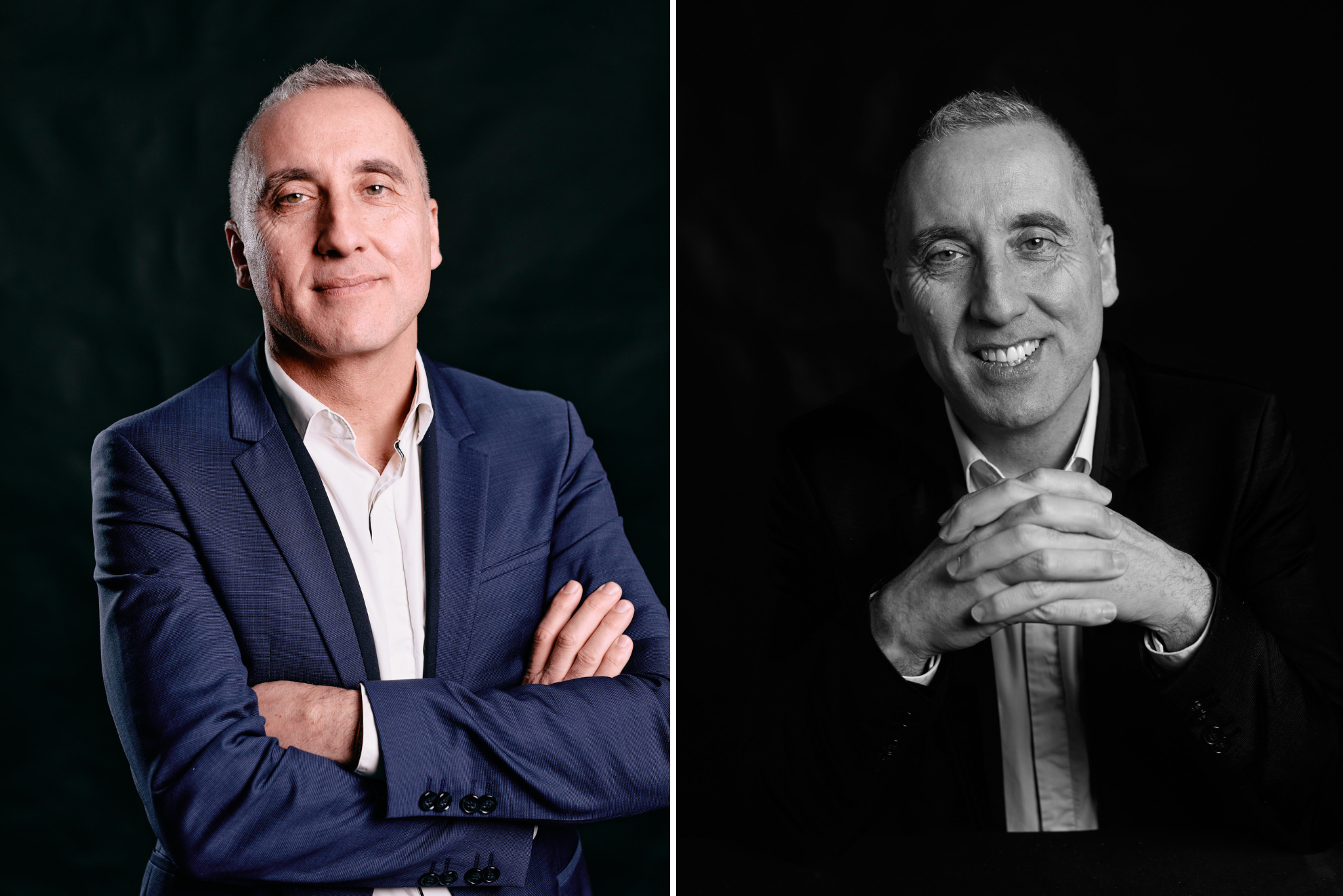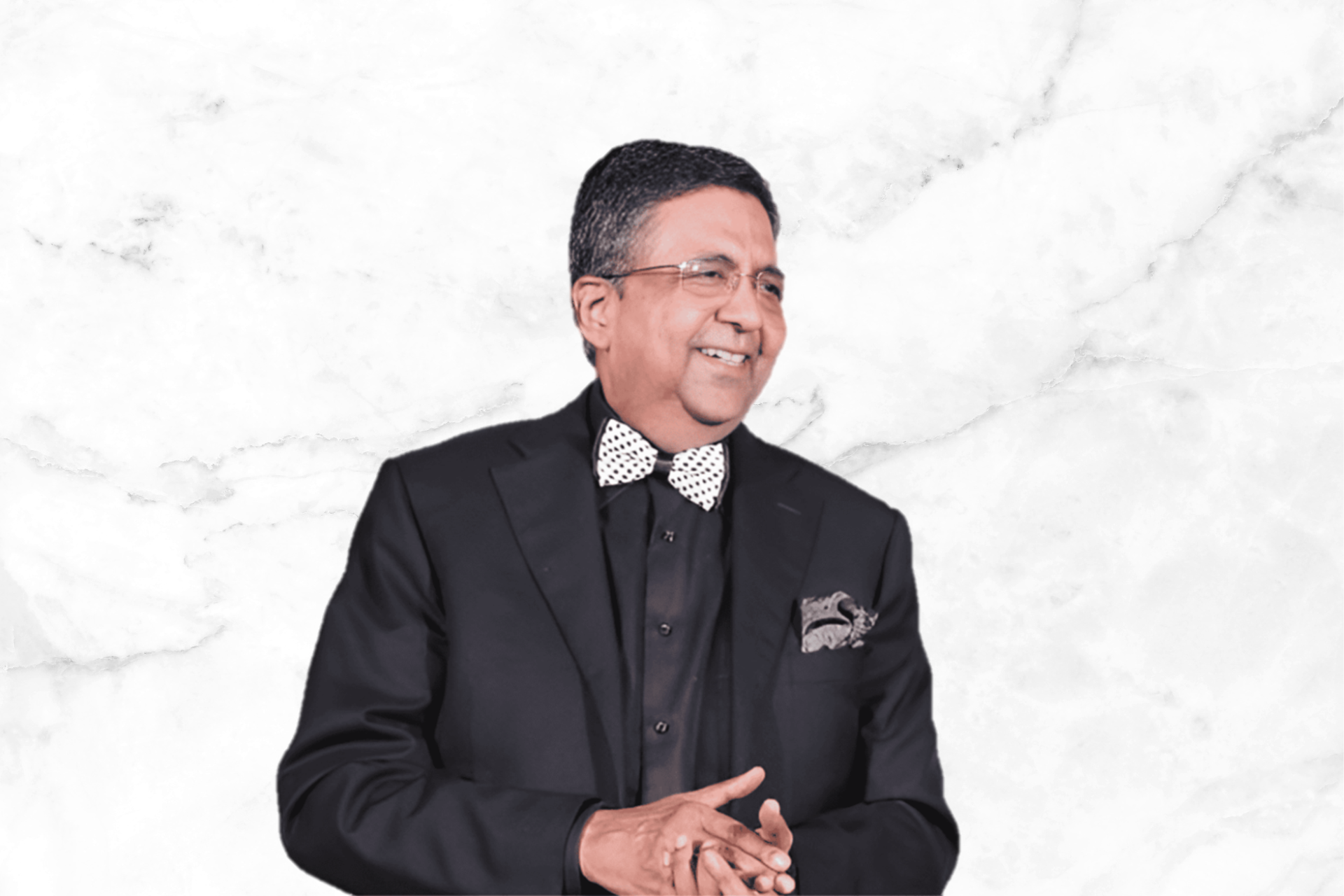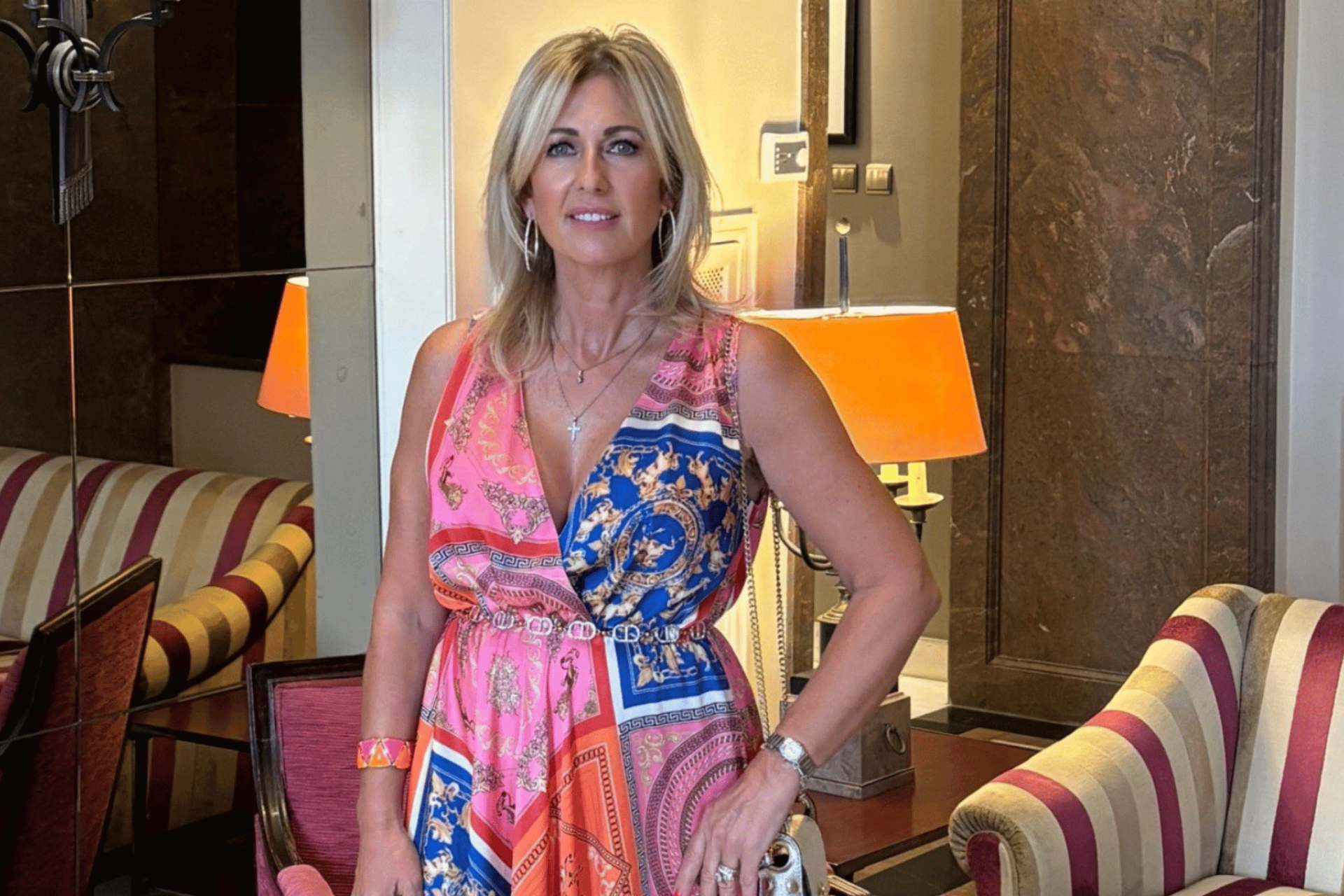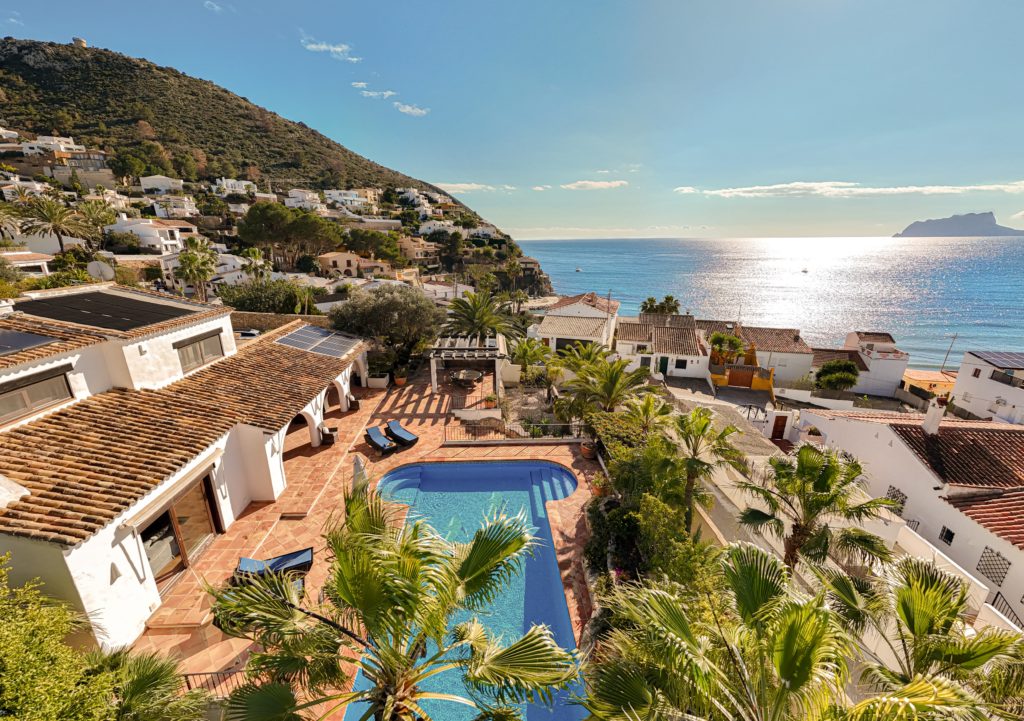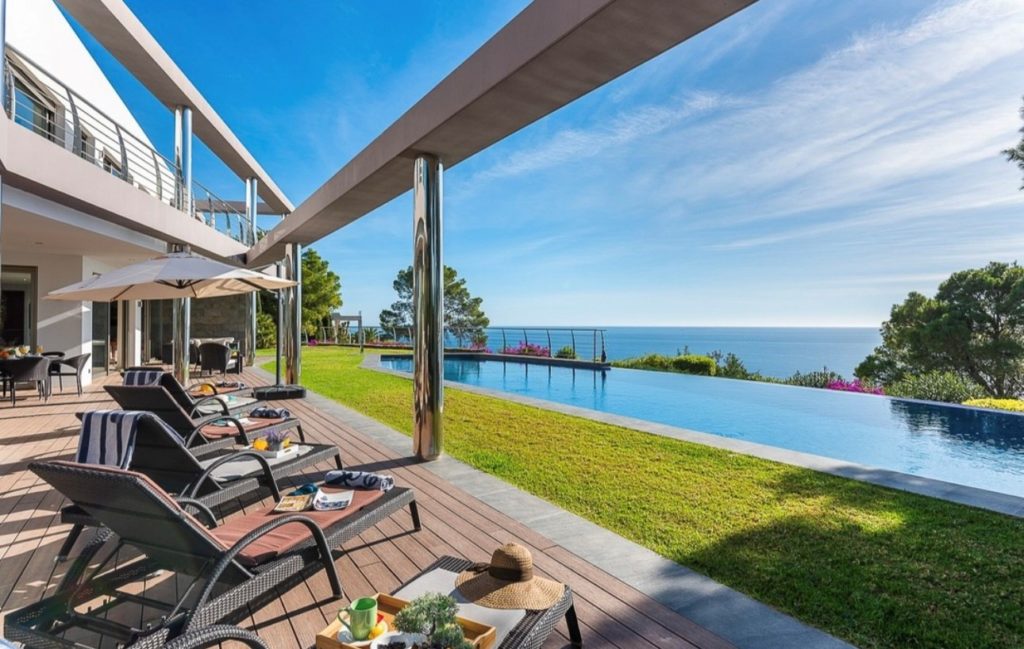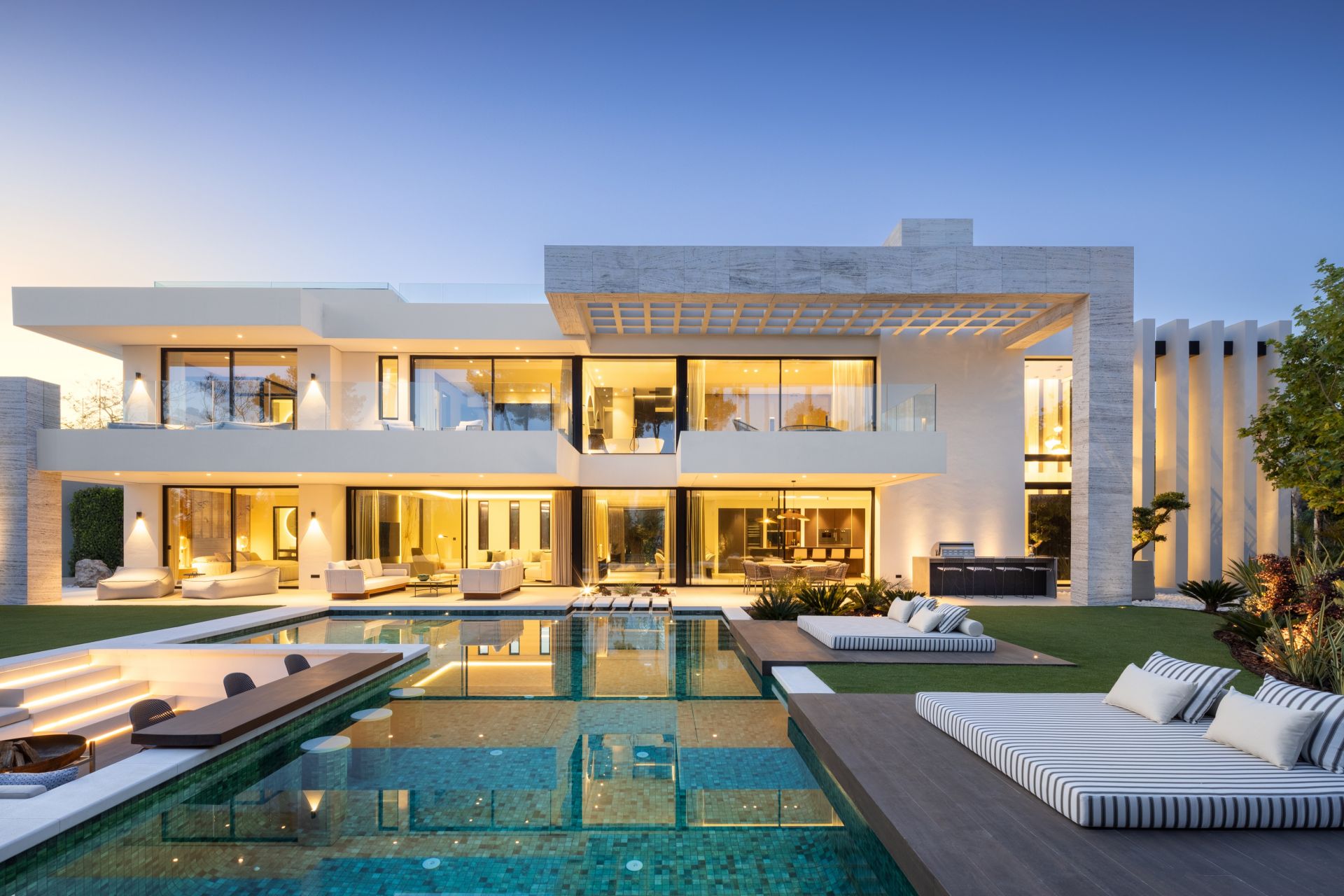In this exclusive interview, Laurent Delporte, a seasoned expert in luxury hospitality, shares his profound insights on refining strategic visions for high-net-worth individuals and corporations. With years of experience visiting and advising some of the world’s most prestigious hotels, Laurent delves into the essence of hospitality, the future of innovation in the sector, and the role of emotional intelligence in guest experiences. Led by Alexander Chetchikov, President of the World Luxury Chamber of Commerce, this conversation offers a deep dive into the evolving landscape of luxury hospitality, the balance between technology and human touch, and the importance of leadership in shaping exceptional service.
Alexander Chetchikov: Laurent, with your vast experience in luxury hospitality, how do you approach advising brands on refining their strategic vision to appeal to high-net-worth individuals and corporations?
Laurent Delporte: In the luxury hospitality industry, the fundamental element that makes all the difference is hospitality itself. It goes beyond flawless service; it is, above all, about human relationships. And this relationship with others begins with an authentic relationship with oneself. That’s why, when I help brands refine their strategic vision, my approach starts with introspection: understanding oneself to better welcome others.
Hospitality is a core strategy that works in two ways. On one hand, it is essential for attracting and retaining clients by offering them an experience that exceeds their expectations. Wealthy individuals and businesses are looking for more than just high-end service; they seek a privileged relationship with the brand, a sincere connection that builds trust and loyalty. Attention to detail and service personalization are key levers in this process. It is these small gestures, subtle yet sincere, that transform a simple stay into a memorable experience.
However, to deliver such high-quality hospitality to clients, a company must first ensure it welcomes its own employees well. This is a crucial challenge today: a well-integrated, valued, and fulfilled employee will naturally be more inclined to provide an outstanding customer experience. It’s not just about working conditions but also about the overall atmosphere and energy. Creating an environment where teams feel good, proud to be part of the company, and motivated to convey this passion and excellence to clients is essential. Hospitality must be lived internally before it can be genuinely extended externally.
Finally, to truly welcome others, one must first learn to welcome oneself. This involves developing leadership and setting an example. A manager or executive must embody hospitality values, live by them daily, and pass them on to their teams. A great leader is someone who inspires, gives meaning to the work, and fosters a climate of trust where each employee can express themselves and thrive. This is how brands align the client experience with their luxury positioning and create a true competitive advantage in the market.
AC: Having visited over 400 luxury hotels worldwide, how do these experiences shape your approach to innovation and marketing strategies for luxury hotel brands?
LD: Having visited more than 400 luxury hotels around the world, I have observed what truly sets an exceptional experience apart from a merely high-end stay. Each hotel, each brand, and each destination tells a unique story through its design, service, and approach to hospitality. These experiences have profoundly shaped my vision of innovation and marketing strategies in the luxury hospitality sector.
One of the key lessons I’ve learned is that innovation is not just about technology or design—it is, above all, about creating a strong emotional connection with the guest. The most memorable establishments are those that anticipate expectations, surprise their guests, and cultivate a sense of belonging. I integrate this perspective by helping brands design immersive and unforgettable experiences, where every detail contributes to a cohesive identity that strengthens the hotel’s positioning.
However, what is fundamental in luxury hospitality is, above all, generous hospitality. A hotel should not count its gestures toward guests; it should be generous—generous in attitude, in the attention to every detail, and in the intent behind every interaction. This generosity is expressed through a sincere smile, thoughtful gestures throughout the stay, and a deeply humanistic approach to guest relationships. Luxury hospitality is not just about flawless service; it is about a real human connection that transforms a simple visit into an unforgettable memory.
This approach cannot exist without proper training and awareness among teams. Every employee, at every level of the hotel, must embody this spirit of generosity. The atmosphere within a property reflects how its teams interact with one another: sometimes, there is a warm, family-like ambiance; other times, it is missing. This is not just a matter of technical expertise but of mindset. A luxury hotel is a story, a place, a region, a team, and an experience. It is not merely a price point or sophisticated decor. Hospitality must be alive and present everywhere: in the restaurant, at the reception, in the spa, and in every interaction with guests.
Generous hospitality is, therefore, everyone’s responsibility. Every employee plays a key role and must be recognized for their commitment. A hotel can have the most stunning decor in the world, but without motivated and valued teams, the experience will fall flat. Recognizing and appreciating staff members is essential to creating that unique, warm, and sincere atmosphere that is then naturally passed on to guests. By integrating this vision into innovation and marketing strategies, we go beyond selling just a stay—we offer a true moment of life, an emotion, and a story that leaves a lasting impression and builds loyalty.
AC: As a consultant and speaker, what do you see as the most important emerging trends in the luxury hospitality sector that will impact both marketing and guest experiences in the near future?
LD: As a consultant and speaker in the luxury hospitality industry, I observe several emerging trends that will significantly shape both marketing strategies and guest experiences in the coming years. These transformations are deeply rooted in human connection, emotional intelligence, discretion, and immersive luxury experiences.
1. The Rise of Generous and Emotionally Intelligent Hospitality
Luxury hospitality is evolving beyond impeccable service; it is becoming deeply personal and emotionally intelligent. The ability to create a sincere, trust-based relationship with guests will be a key differentiator. Staff members must go beyond the simple “How are you?” to truly understand how guests feel—identifying emotions and responding with tailored experiences that enhance their well-being.
This shift requires a profound transformation in team training and mindset. Employees must feel confident, empowered, and emotionally balanced themselves before they can authentically engage with guests. Training in emotional intelligence will be critical, ensuring that luxury hospitality remains a deeply human experience, even as automation and AI expand in the industry.
2. The Balance Between High-Tech and High-Touch Service
Luxury hotels are embracing cutting-edge technologies—from AI-driven personalization to dynamic digital room environments that adapt to guest preferences. These advancements enhance the guest experience, offering convenience and seamless customization. However, as technology becomes more prevalent, the human element becomes even more vital.
In an increasingly automated world, luxury hospitality must reaffirm its core value: genuine human connection. The most successful brands will be those that use technology to enhance, rather than replace, human interactions, ensuring that each touchpoint remains warm, intuitive, and emotionally engaging.
3. From Experiential Luxury to Transformational Luxury
Luxury is no longer just about exclusivity or opulence; it is about meaningful, transformative experiences. Guests seek immersive moments that align with their personal values, whether through wellness retreats, cultural discoveries, or authentic regional experiences.
Well-being will no longer be confined to the spa—it will become an integral part of the entire guest journey, from sleep optimization to mindful dining experiences. The future of luxury hospitality lies in offering holistic well-being that nurtures the body, mind, and spirit.
4. The Shift Toward Discreet and Ethical Luxury
The future of luxury is moving away from the ostentatious toward refined discretion. We are already seeing the emergence of ultra-private properties, where hotels blend seamlessly into their surroundings, offering exclusive access to a select clientele without excessive branding or visibility.
This trend aligns with the growing importance of ethics in luxury hospitality. Guests are increasingly conscious of social and environmental issues, and luxury brands must integrate these values authentically into their messaging. Rather than emphasizing extravagance, the new luxury narrative will focus on meaning, sustainability, and positive impact.
5. The Reinvention of Hospitality Careers and Employee Engagement
As automation transforms traditional roles, the human touch will become an even greater luxury. Hospitality careers will evolve, requiring new skills that emphasize personalization, empathy, and storytelling.
At the same time, attracting and retaining talent will be a significant challenge. Employees are looking for purpose-driven workplaces where they feel valued and inspired. Hotels must invest in training, career development, and workplace well-being to create environments where staff can grow and thrive. A luxury hotel is not just about its design or amenities—it is about its people. If employees feel motivated and connected, their energy will naturally enhance the guest experience.
In a world increasingly shaped by AI, automation, and digital innovation, the true essence of luxury will remain deeply human. The most successful hotels will be those that master the art of balance—leveraging technology to enhance convenience while fostering genuine emotional connections between guests and staff.
Luxury hospitality will continue to evolve, but one truth remains constant: guests do not remember what was provided—they remember how they felt. The future belongs to brands that embrace generous hospitality, emotional intelligence, and meaningful experiences that create lasting memories.
AC: With your involvement in luxury hospitality education and conferences, how do you believe continuous learning and leadership development contribute to the industry’s evolution and innovation?
LD: In an unstable world, it is crucial to inspire and guide teams to develop a distinctive and meaningful hospitality approach. Through my conferences and training programs, I emphasize emotional intelligence, employee well-being, and the importance of sincere and embodied hospitality.
Continuous training plays a key role in helping professionals better manage their emotions, refine their attention to detail, and enhance their soft skills. It fosters a leadership culture where managers inspire their teams and encourage innovation. Contrary to popular belief, even top executives must keep learning to adapt to industry shifts and evolving societal expectations.
Luxury hospitality must strike a balance between tradition and innovation, incorporating trends such as digitalization, sustainability, and workplace well-being. Training also helps retain talent by providing career growth opportunities and a motivating work environment.
Investing in leadership development and continuous training ensures a hospitality experience that is excellent, generous, and constantly evolving while strengthening team engagement and enhancing customer experience.
Thank you, Laurent! Follow his journey here: https://www.linkedin.com/in/laurentdelporte/
As our discussion comes to an end, it is clear that Laurent’s vision for luxury hospitality goes far beyond aesthetics and service—it is about human connection, generosity, and meaningful experiences. From the art of welcoming both guests and employees to the future of discreet, ethical luxury, his insights shed light on how the industry must evolve to remain truly exceptional. With continuous learning, leadership development, and a commitment to genuine hospitality, the future of luxury will be defined by those who master the balance of innovation and emotional intelligence.
To gain more insights into the luxury industry, visit our expert articles and interviews: https://worldluxurychamber.com/category/expert-articles-interviews/
